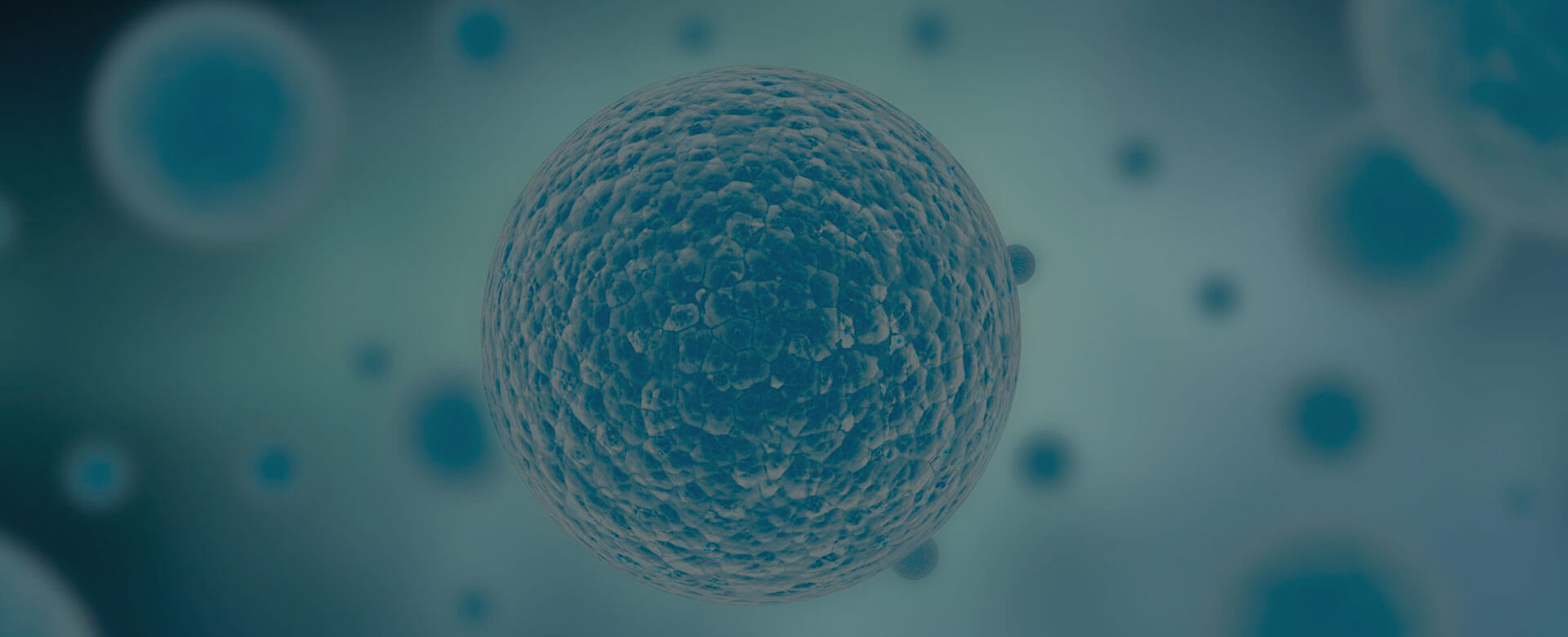A 4-year-old italian girl received the infusion of her baby sister’s umbilical cord blood stem cells, cryopreserved at Bioscience Institute cell factory, to treat cerebral palsy.
Tea and cerebral palsy
The lack of oxygen at birth, then the cerebral palsy diagnosis and, starting from one month old, the therapy. This is the beginning of the history of Tea, the 4-year-old girl that now has one more chance to see her condition improving thanks to her baby sister’s umbilical cord blood stem cells.
Cerebral palsy hinders normal movements and can compromise swallowing and eye muscle control too. Few weeks ago Tea fled from Italy to United States with Michael, her father, to receive an infusion of her sister’s stem cells, cryopreserved at Bioscience Institute cell factory in San Marino. She went to Duke University, where a team of experts is working on a cerebral palsy treatment based on stem cells.
Why Bioscience Institute?
«We discovered Bioscience Institute searching on the Internet to find a place to cryopreserve the umbilical cord blood of Aida, Tea’s sister that was about to be born», Michael tells. With his Wife, Silvia, he was looking for informations on the possibility of using cord blood stem cells to treat Tea’s pathology. «Today in Italy it is not allowed to cryopreserve umbilical cord for this scientific purpose. That is why we chose a private cell bank».
There are three reasons why Michael and Silvia choice fell on Bioscience Institute. «First, because it is not just a cell bank. Bioscience Institute offers several scientific services in its San Marino, Milan, Dubai, and “Tor Vergata” University of Rome facilities. This was very important to me», Michael tells, «because I heard about problems with cell banks that, in the past, accepted a lot of samples and then disappeared».
The second crucial factor was the possibility of visiting San Marino facility to see what and who was behind the commercial proposal. Bioscience Institute offers this possibility to everyone who is considering to cryopreserve its son or daughter cord blood stem cells at its cell factory.
Third, Bioscience Institute commercial proposal, which includes the reimbursement of costs linked to stem cells utilization up to 20,000 Euros. «We payed 15,000 Dollars of medical bills», Michael tells.
«While other companies of our sector are failing, we are totally supporting our clients, also with initiatives such as the reimbursement of transplant costs», says Giuseppe Mucci, Bioscience Institute CEO, referring to the recent affair of a failed Swiss cell bank. An affair that makes reflect on the need to entrust umbilical cord blood to reliable and economically stable companies.
Bioscience Institute offers both quality and economic stability warranties. Its laboratories adhere to GMP (Good Manufacturing Practices) rules required to transplant cryopreserved stem cells. And the annual fee-based contract guarantees the possibility of cryopreserve the cells for at least 20 years covering the costs without relying on the price payed by new customers. «The failed Swiss cell bank affair shows us that the commercial practice that includes the annual fee ensures greater security by providing for costs coverage as they progress», Mucci explains.
A competence booster
Now Tea will continue physical and speech therapy. «Doctors in the USA explained us their theory», Michael tells. «Stem cells would act as competence booster. They will not repair Tea’s brain, but they could give her new stimuli from the inside to give her brain the chance to create new pathways to obviate her reduced competences».


